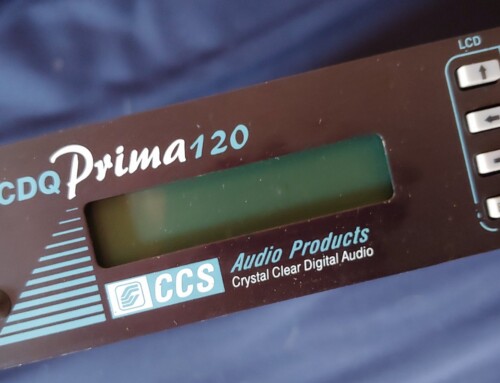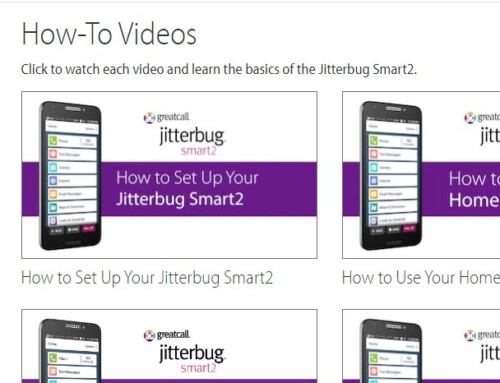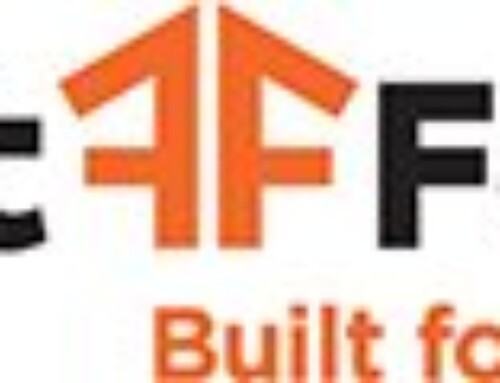 Several times a month I will get an email from a potential new client or an old client asking me how much would it cost to record – say 2 minutes of audio. That’s all. No additional details.
Several times a month I will get an email from a potential new client or an old client asking me how much would it cost to record – say 2 minutes of audio. That’s all. No additional details.
Intellectually I think we all know that this is akin to asking how much does it cost to paint a house. There are so many particulars involved that it isn’t possible to answer that question without asking a few questions in return. The more information you can provide in the initial email, the better, especially if you have a deadline that requires a quick response.
In the case of the house, you need to know how big it is. How many levels. How many windows. What kind of surface. How much prep needs to be done. What kind of paint. What kind of budget does the homeowner have. Where is the house located.
The same kind of thing happens with figuring out what the fee is going to be for a voiceover. Union or non-union the questions that need to be answered are pretty much the same.
So, here is a list of things to consider including in that initial email or phone call:
- Detail the length of the piece. A word count is great for longer types of scripts. Don’t talk pages, because a page could be different depending on the font, the margins, the paper, etc.
- Do you want the talent to use their own studio self-directed – or a phone patch? Or do you want them to be hooked up via ISDN, Source-Connect, ipDTL? Do you want the talent to go to an outside studio? Your office?
- Indicate the use, the shelf-life and eyeballs (or ears). This is helps the talent figure out the potential audience.
- If something is only going to be seen once in front of a small group, then perhaps the fee could be scaled back a bit…unless the project is something so high level that it has great significance and a huge production budget. The end budget for the production could help figure out a fair rate for the talent.
- Is it marketing or training?
- Will the project end up forever on YouTube?
- Will there be other potential uses for the project? For example, will pieces of it be used in advertising? If so, what kind and how much? You may not be able to answer this question, but it should at least be in the back of your mind if it is a possibility.
- If it is a radio or TV spot, is it generic with the potential of unlimited use? Or is it something very specific that will quickly become outdated and fade from sight.
- New ways of estimating eyeballs are evolving and it is good to consider that shelf-life may be surpassed by the number of views as “pre-roll” advertising matures.
- Is the script being translated from a foreign language by a staff member, or by a skilled translation company used to writing for a native American speaking audience. If not, then some script doctoring might be needed. Some talent can provide this service and work it into the fee.
- If you have a draft of the script, it would be wonderful to include that if permissible. Seeing the actual content can answer a lot of questions – or at least provide fodder for specific questions.
- What is the turn around time required? Faster may mean more $ depending on the project.
- Does the voice have to match any timing that has already been established? This takes more time in the studio, so it is something that may show up in the quote.
- Do you want any editing done on the voice track. For example cutting the session into some or many separate files with unique file names. Some talent is used to creating many separate files, but this information should be provided or discussed at the quote stage.
- Any special requirements or unusual expectations should be described. Government projects usually have lots of acronyms. Let the talent know that if your script includes alphabet soup that you will provide pronunciation guides. This also applies to anything with paragraph numbers that need to be articulated. You know how to say Section 6-EX-W.203, Paragraph xii A402. But the talent probably doesn’t! Do we say “dot” or “point?”
These are just a few things to think about as you approach a voice talent or an agent to give you a quote for your project. Your project may only need to answer a few of these questions. But the more information you know and can provide in that initial contact, the better.
Oh – one more thing to include! If you have a budget in mind, please pass that information along. A range is fine – just something so that the talent can quickly look at your expectations and the parameters of the project in order to quickly and succinctly respond to your query.








Leave A Comment